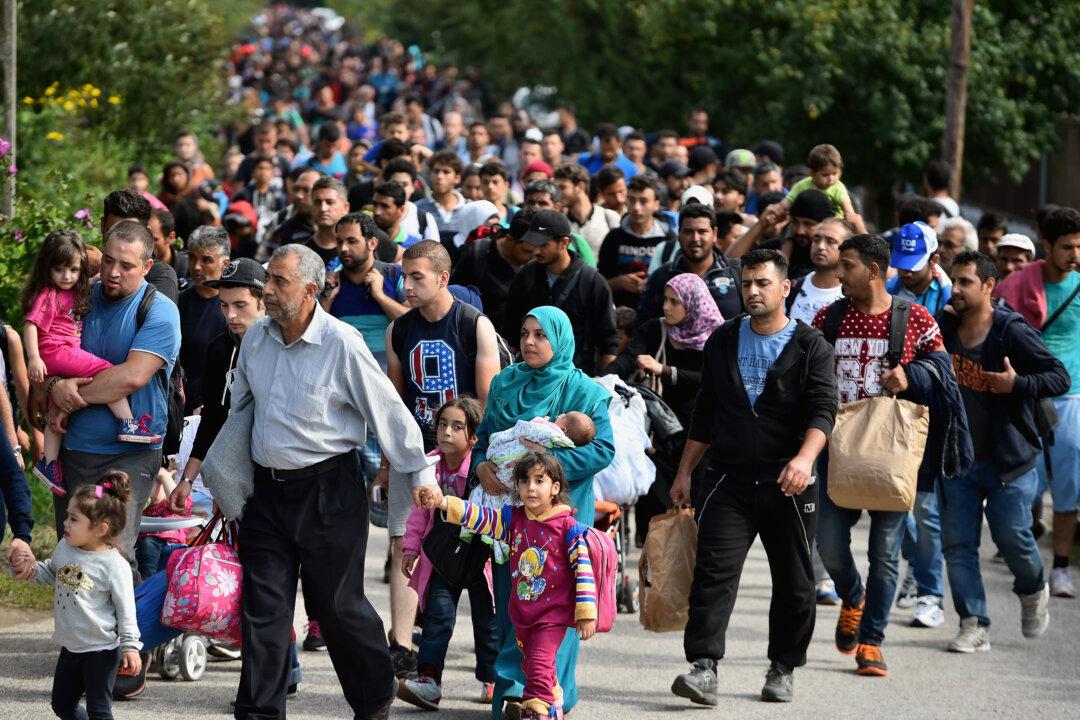BRUSSELS—The deeply-divided leaders of the European Union have been called to an emergency summit Wednesday to seek long-term responses to the continent’s ballooning migrant crisis, a historic challenge that EU President Donald Tusk said the bloc has failed dismally to meet so far.
Among the outstanding issues that Tusk, the summit’s official host, wants addressed: increasing assistance to EU member nations that are receiving the brunt of the migrant influx, and greater cooperation with non-EU countries in the Balkans and Turkey, which is now home to almost 2 million refugees — many of whom have fled Syria’s civil war.
Tusk, who recently visited the Middle East, also wants to discuss diplomatic efforts to end the Syria conflict. One issue, the EU president said, requires urgent attention: increasing contributions to the U.N.’s World Food Program to help it provide critically-needed food supplies to 11 million people in Syria and the region.
“There is a long list of issues where we could blame one another, but it will not help us in finding a common solution,” Tusk said in a letter to EU presidents and prime ministers. “Today we must absolutely work out policies that we can implement in order to help each other.”
On Tuesday, the 28-nation EU took a modest step toward dealing with the issue by agreeing to relocate 120,000 asylum-seekers to ease the strain on Greece and Italy, which are on the frontline of the migrant flood. But the decision bared the wide divisions that Europe’s greatest refugee crisis since World War II has spawned, with four eastern European countries — the Czech Republic, Slovakia, Romania and Hungary — voting against it.
Even after the EU plan was adopted, Czech Prime Minister Bohuslav Sobotka denounced it as a bad decision, and his Slovak counterpart hinted that his government might not enforce it.
The man who chaired Tuesday’s meeting, Luxembourg Foreign Minister Jean Asselborn, said the figures were “accepted by the member states on a voluntary basis,” but the European Commission signaled that the dispute is far from over.
“A decision is a decision regardless of the way you voted,” its vice president, Frans Timmermans, said Wednesday. “The decision is legal, it’s valid and it binds all member states.”
The arrival of an estimated 500,000 people this year has forced countries to crack down on border security and prompted Hungary to build a razor-wire fence. Tensions are high among Balkans neighbors who not so long ago were at war, as Serbia and Croatia trade barbs over whether enough is being done to halt the flow of people seeking better lives in Europe.






